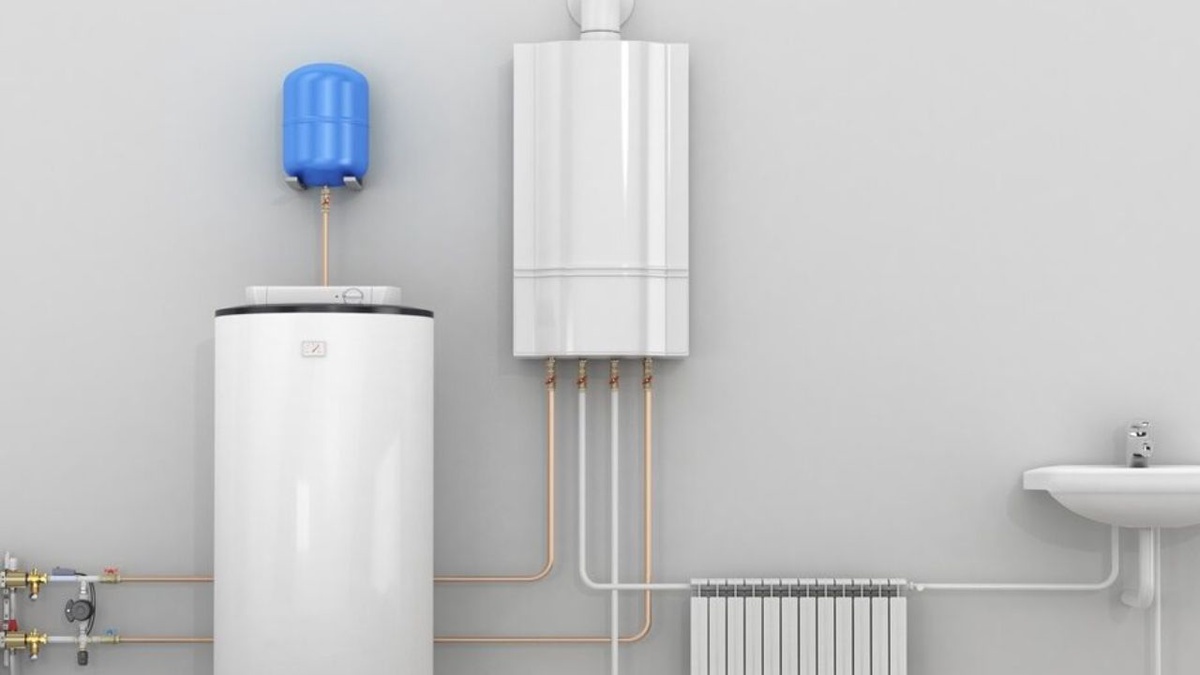Water Geyser play a heroic role as hot water is essential for maintaining personal and household hygiene. Hygiene is the most important part of living a healthy life. Unfortunately, for poor people, this comes at a high price. Heating can account for up to 40% of total energy consumption in a typical home.
ENERGY CONSUMPTION AND GEYSER DEMAND
Hot water demand and energy consumption depend on the weather. Energy consumption is higher as the temperature rises from an initial level to typically close ambient user-specific comfort levels. By finding ways to reduce the energy consumption of your hot water heating activity (water geyser). You can save a significant amount of money for other much-needed necessities.
In many countries, state-owned electricity supplier has experienced increasing demand over the past few decades and has reached a point. Where that demand has exceeded the supplier's capacity to generate electricity, causing the country to face continuous blackouts. Avoiding these nationwide disruptions requires much-needed reductions in energy consumption. Moreover, electricity prices are increasing year by year, making it increasingly difficult to purchase electricity.
OFF & ON SEASON ENERGY MANAGEMENT
Water geysers require Energy management activities. Such as improving energy efficiency and deploying renewable energy systems to mitigate a complete grid outage. Energy efficiency improvements aim to reduce overall system energy consumption. While energy management systems attempt to shift energy consumption during peak demand to off-peak hours. Using renewable energy as a source, instead of using electricity from the grid to heat water. Reduces the burden on electricity suppliers.
Higher rates of water geyser will change during peak energy consumption. Normal rates during average energy consumption hours, and off-peak rates during off-peak hours. This will maintain the overall energy consumption. About 18% of the electricity generated in our country is supplied to the country's private sector. In large cities, 31% of electricity sold can be attributed to the residential sector.
Most of the electricity demand occurs during peak load periods. Resulting in significantly higher electricity prices compared to standard and off-peak periods. This is mainly due to the power generation methods used to meet peak demand due to limited power supply. The most expensive method of power generation is with open-cycle gas turbines. These turbines use expensive natural gas or liquid fuels (kerosene or diesel).
Most countries are currently under enormous financial pressure, and cannot afford to use these turbines. Moreover, the air pollution caused by these systems could spell disaster for future generations. The weekly domestic demand for typical winter and summer months is highly variable. We can see a very large variation between periods of high and low current demand. Water is usually heated during these periods of high demand. This increases the size of these spikes and necessitates the use of expensive open-cycle generators.
TYPES OF WATER GEYSERS
Before buying a Water Geyser, it's a good idea to familiarize yourself with the different types of water geysers. If there are multiple uses of hot water or if there are guests in the house. The demand for hot water increases. The instantaneous or demand-controlled water geyser heats water directly without the use of a storage tank. This type of water geyser is designed to provide a good amount of hot water without running out of water if it is of sufficient size.
Electric water geysers, solar water geysers, heat pump water geysers, geothermal water geysers, solar/thermal water geysers, gas water geysers without instantaneous water geysers, biomass water geysers, and includes oil-fired water geysers. Water geysers are effective water heating technologies.
Pump Water Geyser
The heat pump water geyser transports heat from one location to another, rather than generating heat directly to produce hot water, resulting in greater efficiency and significant cost savings.
Solar Water Geyser
The Solar Water geyser uses the heat of the sun to heat water and saves energy costs. Instantaneous and indirect water heaters use the home heating system to heat water.
Conventional Water Geyser
A conventional water geyser can consume up to half of the total energy of a typical home. This high energy consumption is primarily due to inefficient and outdated electrical water storage technology combined with a lack of energy-efficient activities.
Research and development of new, more energy-efficient hot water technologies. Which are taking place in most aspects related to energy management and design. Additionally, research to reduce heat loss and optimize energy consumption and load management. These hot water systems continue to change significantly.
Conclusion
When combined to work independently, hybrid systems or water geyser offer the potential for increased reliability and reduced energy costs. The feasibility, cost-effectiveness, life expectancy, and payback period of each technology were discussed. This profitability is based on hot water availability and energy cost savings, which are most important to consumers. In addition, compared to hot water supply and heating systems with high hot water supply capacity. This system has the shortest payback period.
The short payback period is due to avoiding or reducing energy costs when using hybrid renewable (solar) systems. The amount of solar radiation the land receives makes it an ideal hot water heating system for all states. In areas where temperatures are likely to reach below freezing. A vacuum tube collector system should be used to avoid damage to the collector (anti-freeze properties).


No comments yet